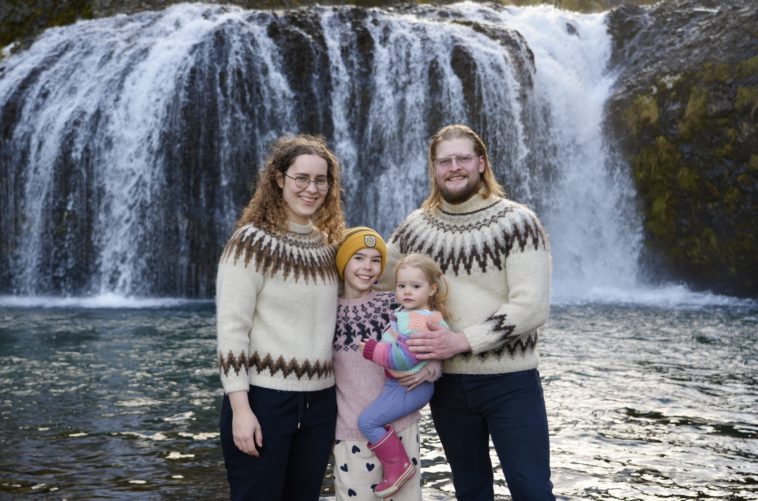People hailing from Iceland, known as Icelanders, form a unique ethnic group with roots in Scandinavia. Their nation, located in the North Atlantic, severed its ties with the Danish monarchy and became a republic on June 17, 1944. The primary language in Iceland is Icelandic, which falls under the North Germanic language category. When it comes to faith, the majority of the population practices Lutheranism. But there’s a lot more to this North Atlantic nation and its inhabitants than just these basic facts.
The Genesis of Iceland as an Independent Nation
In historical terms, the move to independence from Denmark was a significant milestone. This momentous occasion occurred on June 17, 1944. Before that, Iceland was under the Danish rule and was considered part of the Kingdom of Denmark. The shift towards self-governance wasn’t just a political change; it was a cultural turning point that solidified the identity of Icelanders as an independent people.
Language and Communication
Icelandic Language
When it comes to language, Icelandic is the cornerstone of communication. This language is a part of the North Germanic language family, which also includes languages like Danish, Norwegian, and Swedish. One interesting note about Icelandic is that it has remained relatively unchanged for centuries, providing a linguistic time capsule of sorts.
Religion and Faith
Predominant Religion: Lutheranism
In the realm of spirituality, Lutheranism holds sway. This branch of Protestant Christianity is deeply woven into the fabric of Icelandic culture and society. Over the years, however, Iceland has also seen a rise in other religious practices and beliefs, making it an increasingly diverse spiritual landscape.
Ethnic Composition
Historical DNA Records
Based on both historical accounts and DNA analysis, the ethnic makeup of Iceland is predominantly Norse, comprising approximately 60 to 80 percent of the population. The remaining percentage is mostly of Celtic origin, hailing from places like Ireland and Scotland.
Table: Key Facts about Iceland
| Fact | Information |
|---|---|
| Longitude and Latitude | 64.9631° N, 19.0208° W |
| Climate | Subarctic and cold oceanic |
| Population | Approx. 366,000 (2021) |
| GDP | $18.75 billion (2020) |
| Official Languages | Icelandic |
| Currency | Icelandic Króna (ISK) |
| Religion | Predominantly Lutheranism |
| Continent | Europe |
Summary
The people of Iceland, or Icelanders, are a fascinating blend of Norse and Celtic origins. Their language, Icelandic, belongs to the North Germanic family and has remained fairly consistent throughout history. Lutheranism is the main religion, but the country is gradually becoming religiously diverse. Their independence from Denmark in 1944 was a watershed moment that set the course for the nation’s unique identity.
In understanding Iceland, it’s not just the facts and figures that count, but also the nuanced layers of culture, history, and the spirit of a resilient people who have made a home in one of the most challenging environments on Earth.





